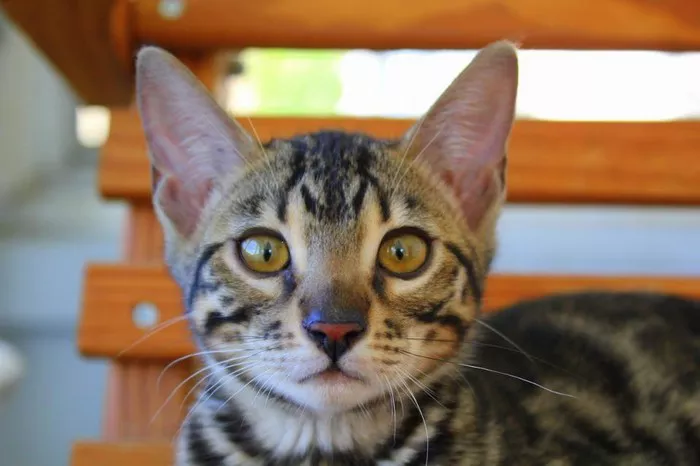Siamese cats, known for their striking blue eyes and distinctive color points, are beloved companions in many households. However, like all cats, Siamese felines can also be susceptible to various allergies. In this article, we will delve into the world of Siamese cat allergies, exploring common allergens that can affect these beautiful and intelligent cats. By understanding the potential triggers and symptoms of allergies, Siamese cat owners can take proactive measures to ensure the health and well-being of their feline friends.
Environmental Allergens
1. Pollen and Plants
Siamese cats, like other felines, can be sensitive to pollen and various plants. Pollen allergies can lead to respiratory discomfort, sneezing, and itching. Certain plants, both indoor and outdoor, can also trigger allergic reactions in Siamese cats. Common culprits include ragweed, grasses, and flowers like lilies. Keeping indoor plants non-toxic to cats and minimizing outdoor exposure during peak pollen seasons can help alleviate these allergens.
2. Dust Mites
Dust mites are microscopic organisms found in household dust, bedding, and upholstery. These tiny creatures can trigger allergic reactions in sensitive Siamese cats. Symptoms may include skin itching, excessive grooming, and respiratory issues. Regular cleaning and vacuuming, using hypoallergenic bedding, and maintaining good indoor air quality can reduce dust mite exposure.
3. Mold and Mildew
Mold and mildew thrive in damp and humid environments. Siamese cats exposed to mold spores may experience respiratory issues, coughing, and wheezing. Preventing moisture buildup in the home, especially in areas like bathrooms and basements, can help minimize the risk of mold-related allergies.
Food Allergies
1. Common Food Allergens
Siamese cats can develop food allergies to specific ingredients in their diet. Common food allergens include proteins like chicken, beef, dairy, and fish. Allergic reactions may manifest as skin irritations, gastrointestinal upset, and even behavioral changes. If you suspect a food allergy, consult a veterinarian to conduct an elimination diet and identify the trigger ingredient.
2. Grains and Fillers
Grains and fillers found in commercial cat foods can also trigger allergies in Siamese cats. Corn, wheat, and soy are among the ingredients that some cats may be sensitive to. Opting for high-quality, grain-free cat food options can help reduce the risk of food-related allergies.
Flea Allergies
Flea allergies are a common concern for Siamese cats. Even a single flea bite can trigger an intense allergic reaction, leading to excessive itching, hair loss, and skin infections. Regular flea prevention measures, such as using veterinarian-recommended flea treatments, can help keep these pesky parasites at bay and prevent allergic reactions.
Cleaning Products and Household Chemicals
Siamese cats can also be sensitive to certain cleaning products and household chemicals. Harsh detergents, disinfectants, and aerosol sprays may release fumes that irritate their respiratory system. Opting for pet-friendly cleaning products and ensuring proper ventilation can create a safer environment for Siamese cats.
Grooming Products and Fragrances
Fragrances and grooming products, including scented shampoos and perfumes, can cause allergic reactions in sensitive Siamese cats. Skin irritations, itchiness, and discomfort may result from exposure to these products. Choosing unscented or hypoallergenic grooming products and avoiding heavy fragrances can help prevent allergic responses.
See Also: Do Siamese Cats Have Health Problems: Everything You Need To Know
Conclusion
In conclusion, Siamese cats, known for their elegance and charm, can also be susceptible to various allergens that can impact their health and well-being. Environmental allergens, food allergies, flea allergies, cleaning products, and grooming items are among the potential triggers that Siamese cat owners should be aware of. By taking proactive steps to minimize allergen exposure and seeking veterinary guidance when needed, owners can provide a comfortable and allergen-free environment for their beloved Siamese companions. Regular veterinary check-ups and open communication with a veterinarian can help ensure that any allergic reactions are promptly identified and effectively managed, allowing Siamese cats to lead healthy and happy lives alongside their caring owners.






















